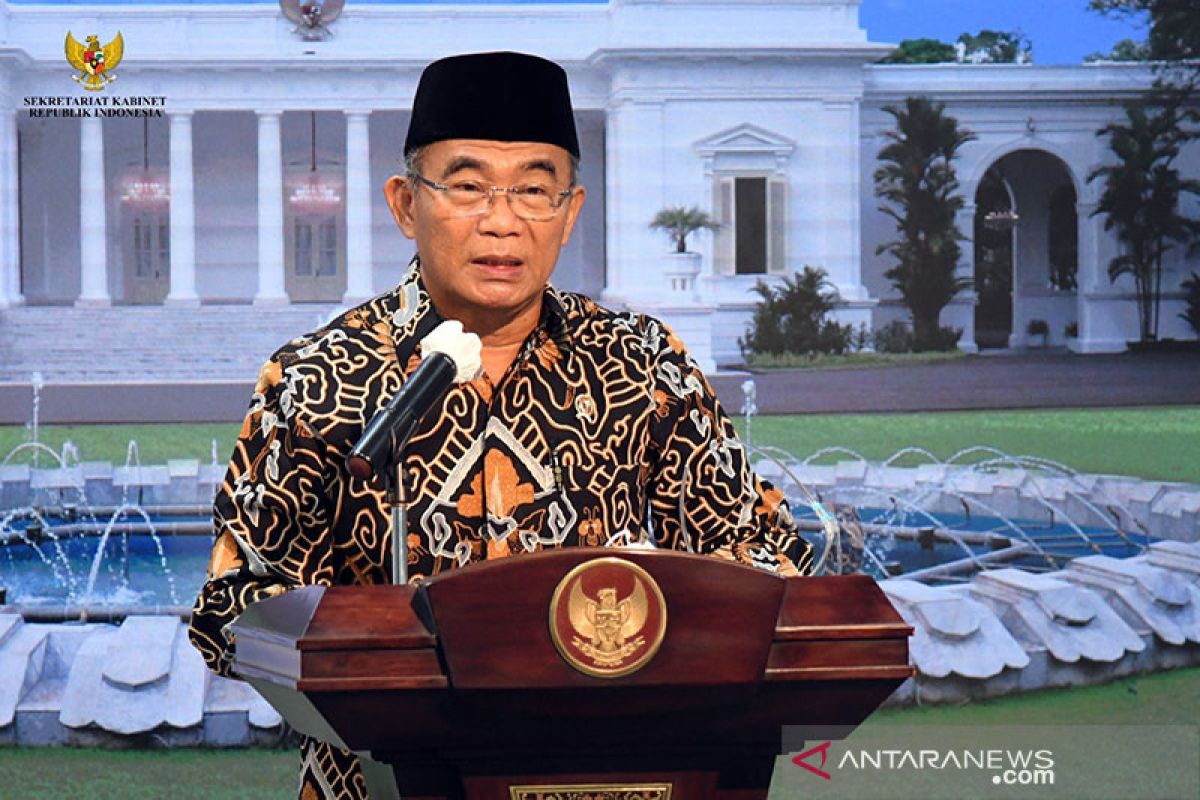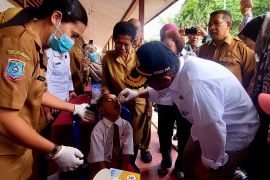"The local government must continue to strengthen and carry out specific interventions for handling stunting," he noted in Jakarta, Thursday.
The minister affirmed that specific interventions are activities conducted to tackle the direct causes of stunting.
Specific interventions include increasing the consumption of iron tablets for teenage girls and pregnant women and ensuring the distribution of the tablets to schools and Islamic boarding schools, he stated.
He remarked that interventions also include increasing the coverage of exclusive breastfeeding for babies and strengthening family and health worker support for exclusive breastfeeding.
"The local government must also issue regional policies to increase the coverage of exclusive breastfeeding and intensify education on an ongoing basis," he emphasized.
Moreover, regional governments should collect data on the ownership of ultrasound and anthropometric devices to support stunting handling, he added.
If regions are lacking those two devices, then they can propose to the Health Ministry for procurement, Effendy stated.
The subsequent intervention is strengthening the role of integrated health posts (posyandu) to support stunting prevention.
"Increasing the dissemination of information regarding the importance of fulfilling nutrition for pregnant women and toddlers, especially foods that are rich in animal protein, is very important," he remarked.
Apart from specific interventions, regional governments also need to strengthen sensitive interventions in the form of activities conducted to address the indirect causes of stunting.
"Sensitive interventions, for example, are the provision of clean water, drinking water, sanitation, and environmental improvement," he stated.
He appealed to local governments that still need assistance from the Public Works and Public Housing (PUPR) Ministry to immediately submit the proposal to the ministry to receive assistance in the form of clean water program, sanitation, and repairing latrines.
The prevalence of stunting in Indonesia, based on the Indonesian Nutritional Status Survey (SSGI), reached 21.6 percent in 2022.
"The government is targeting the prevalence of stunting to drop to 14 percent in 2024," he stated.
Related news: Bolster pregnant women's nutrition, Anas tells local govts in NTB
Related news: Preventing stunting should be optimized during pregnancy: expert staff
Translator: Wuryanti Puspitasari, Resinta S
Editor: Anton Santoso
Copyright © ANTARA 2023












